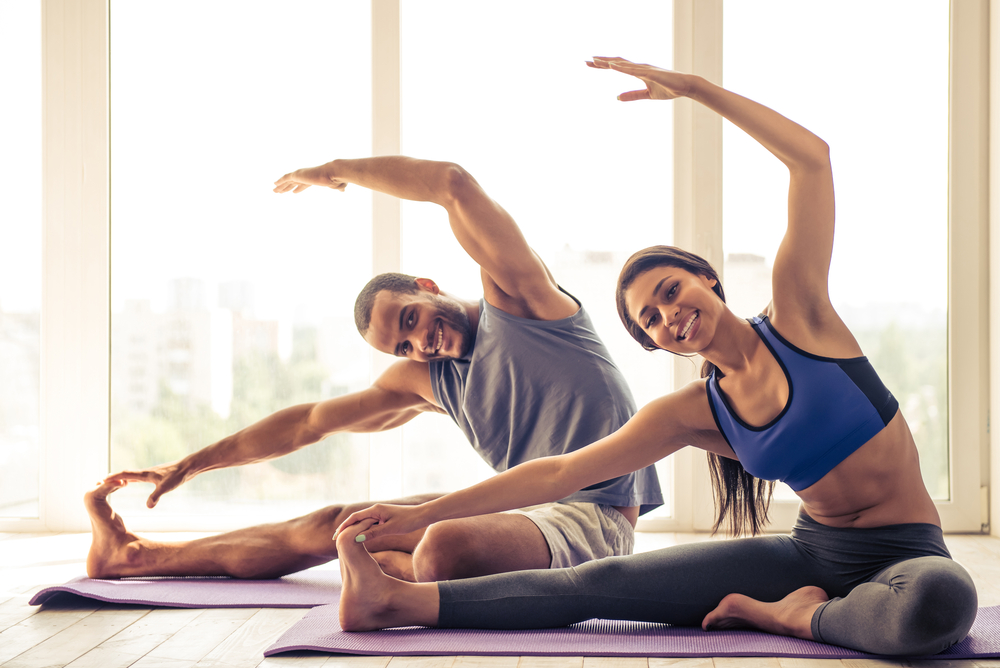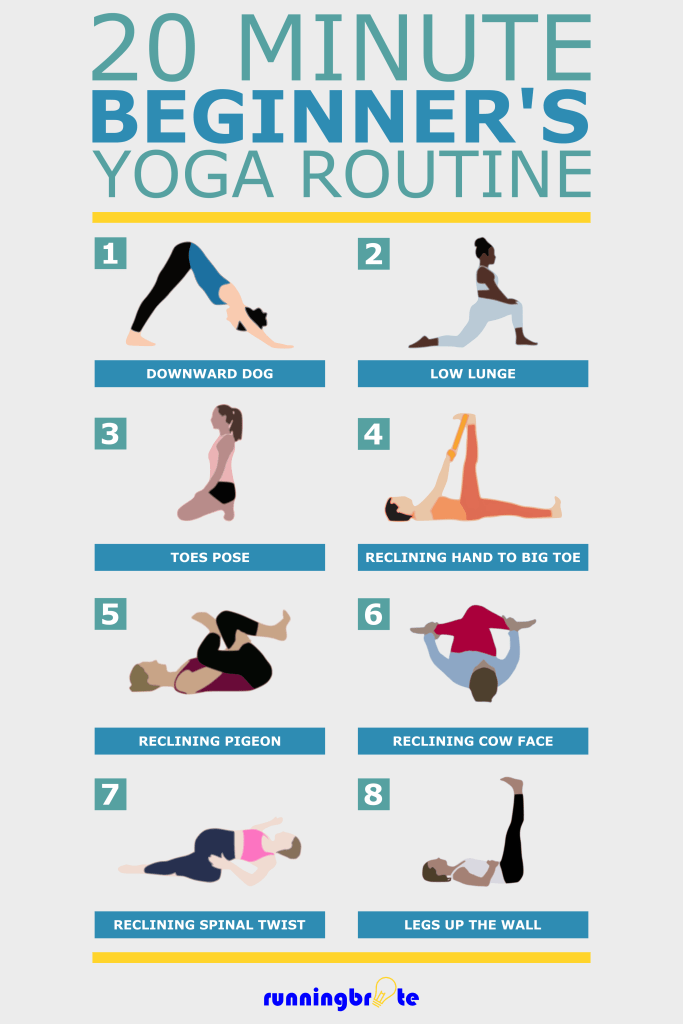
Yoga yin is a peaceful way to open your hips and relax. Despite its quiet nature this practice can lead to meditation and help you target your connective tissue. This article will provide information about yin yoga, its benefits, and what you can do with it. We'll also share some of these ancient styles of yoga. This article will make it easier for you to learn yoga-yin.
Yin yoga is a quiet practice
Yin yoga is a quiet, passive practice. Yin yoga is a passive practice that requires you to hold poses for longer times. This helps you become more present and reduce distractions from physical sensations. You can also tune into your breath and become more aware of your body. This type can be great for anyone who wants to find quiet, reflective time. Below are some of these benefits of yin yoga.
Paul Grilley taught Yin Yoga in the 1970s. Zink's mobility and ability hold postures for extended times of time impressed the martial arts teacher and yoga teacher. He began studying yin yoga. He discovered how to develop flexibility by holding positions for long periods. Paul Grilley's Yin Yoga workshop offers more than five hours worth of original teachings. The workshop offers a profound, rejuvenating experience and includes both Yang Yoga and Yin Yoga.
It targets connective tissues

Yin yoga strengthens the connective tissues throughout the body, particularly at the joints. This tissue is often neglected and can cause stiffness and restricted range of motion. These connective tissues are the focus of yoga yin, and they respond best to slow, steady loads. Holding poses for long periods will stress these tissues while slowly aligning their fibres. Yin yoga can improve flexibility in these areas and help prevent or alleviate chronic pain.
Yin Yoga is a type of yoga where you hold poses for longer times than other types. Usually, it takes between two and five seconds. Many yin poses are seated or reclined. The goal is to reach a state where the body can relax and surrender to gravity. Safely and without pain, the connective tissues can be treated. This will allow for increased range of motion and reduced stress. The passive positions of Yin Yoga can improve the flexibility, suppleness, and mobility of connective tissue throughout the body.
It is a gateway to meditation
Yin yoga is a great way to start meditation. Yin Yoga has a slower pace and is more meditative. It helps you connect to your body, and can guide you in meditation. Slowly practicing yin yoga can help you tune in to your body and let go of any stored emotions. This practice can be used to enhance meditation and other forms of yoga.
Yin Yoga, a slow and quiet type of yoga, is where you hold poses for up to three to five minutes. Yin Yoga targets the pelvis and lower back while encouraging better circulation and flexibility. It is often considered a gateway to meditation, as it cultivates awareness of inner silence. Yin postures require layers of clothing, socks, as well as additional props. This practice can help you step back from the noise and take off the circus.
It is a great way to open tight hips

Yin yoga is a wonderful way to relax tight hips, lower back pain, general stiffness, and more. Yin yoga is a 30-minute practice that will bring you the most benefits. You must be patient, calm, and relaxed during this practice to relieve tension and loosen tight areas. To relax your entire body and loosen tight hips, try these Yin Yoga poses.
Yoga yin postures are meant to open your hips. This type of practice is great for the hips because the hips are where stored emotions are often expressed. These poses are very challenging and yet can be extremely relaxing for the whole body. These poses will improve flexibility, pain relief, and emotional well-being if practiced often. You can also release accumulated emotions by doing yoga yin postures.
FAQ
What causes adolescents to have mental health problems?
Adolescence can be a time in our lives when we are beginning to define ourselves. We start to define who we are as individuals and how we fit into society.
This is a time when we make new friendships and have romantic relationships. These experiences can cause stress.
While stress is normal, you should seek out help if your stress levels are higher than usual.
Although you might believe you are capable of handling things on your own, sometimes you need to talk to someone else.
Support can come from family and friends during stressful times. You may find them able to offer support and help you deal with stress.
You might try meditation or exercising. Both of these activities can help to reduce stress.
In addition, you could join a group such as a sports team or church. You'll meet new people and make new friends.
What can I do to prevent mental health problems?
Preventing mental disorders is easy. Here are some things to keep in your mind.
-
Don't drink alcohol. Drinking alcohol can cause depression and affect your mood.
-
Avoid using drugs. Drugs can cause brain damage and worsen your symptoms.
-
Sleep well. Depriving yourself of sleep can lead to anxiety and depression.
-
Exercise regularly. Exercise makes you feel happy and releases endorphins.
-
Consume healthy food. Do not eat junk food. You will feel lethargic and depressed.
-
Spend time with your loved ones. Spending quality time with the people you love can lift your mood.
-
Have fun. Enjoy life and try new things.
-
Take breaks from social media. You may feel isolated or lonely on social media.
-
Be kind to your self. Treat yourself nicely, even if you aren't feeling great.
-
Ask for help. If you're having trouble coping, then ask for help. Talking to a family member or friend can be helpful.
-
Remember, it's OK to cry. It helps to release stress and tension. It doesn’t mean something bad happened.
-
Keep busy. Try doing something you enjoy.
-
You should practice good hygiene. You can feel unattractive and unkempt if you don't maintain good hygiene.
-
Stay connected. Stay positive by connecting to others.
-
Learn how relax. Relaxation techniques like yoga and meditation can help you cope better with stress.
-
Find meaning in the things you do. You can find fulfillment in your hobbies and work by finding meaning.
-
Focus on the present moment. If you can focus on the moment, you will not worry as much about the future.
-
Set goals. Set goals will motivate you to achieve them.
-
Do something nice to yourself. Being kind to yourself can help boost self-esteem.
-
Practice gratitude. Gratitude helps you to appreciate all of the good things about your life.
-
Volunteer. Volunteering can be a fun way to make a difference and spend your time.
-
Give back. Giving back to others is a way to feel fulfilled.
-
Be aware of warning signs. If you notice any changes in your behavior, don't hesitate to reach out for help.
These are 5 ways to improve your well-being.
Wellbeing is defined as "the state of physical, mental, spiritual, and social well-being". There are many factors that can impact our well-being. Your first step to bettering your well-being, is to identify the areas in your life that require improvement. Then, try to change these things for the better.
Here are five methods to improve your health and well-being.
-
Exercise - Physical activity boosts endorphins which make us happier.
-
Sleep – Sleeping longer than 6 hours each night will reduce anxiety and stress.
-
Nutrition - Eat healthy foods, such as fruits and veggies, to boost your mood.
-
Meditation – Regular meditation reduces anxiety and stress.
-
Socialization: Spending quality time together with our families and friends makes us happy.
Why is mental health important?
Everyone's mental health is important. You can't do anything else if you aren't mentally well. So, it is essential to maintain a healthy mind.
When our minds aren't in the best place, our bodies start to show signs and symptoms of stress. This could lead to physical problems such as headaches, stomach aches, backaches, and more. It is important to take care for our bodies and minds in order to maintain a healthy balance.
Statistics
- It means no drinking any alcoholic beverages and no taking any drugs that aren't 100% natural.
- Similarly, while there is some agreement about the boundaries of typical mental disorders 2, there is likely less agreement about those for positive mental health. (ncbi.nlm.nih.gov)
- Similarly, for positive mental health, there is likely to be substantial agreement about some typical components (e.g., resilience to stress) 6, and controversy about more atypical components (e.g., career consolidation). (ncbi.nlm.nih.gov)
- Neuropsychiatric diseases are the leading cause of death and disability in the U.S., accounting for 18.7 percent of all years of potential lifespan loss and premature mortality.
- More than 50% will be diagnosed with a mental illness or disorder at some point in their lifetime.3 (cdc.gov)
External Links
How To
How to tell if you need help from a mental-health expert
You should look out for signs that indicate that you might need professional assistance to determine if your problem needs to be addressed. Any warning signs should be spotted and consulted a doctor.
-
You feel lost in your own head.
-
You have been experiencing trouble sleeping.
-
When you try to focus, your thoughts race.
-
You begin to consider suicide.
-
You feel helpless.
-
It's as if life is too hard.
-
You have lost interest and are no longer interested in the things you loved.
-
You've stopped eating.
-
You have been removed.
-
You've tried using alcohol or drugs to deal with stress.
-
You are losing friends or family.
-
Other physical symptoms, such as stomachaches, backaches and headaches may also be present.
If you have any of these symptoms, it is important to immediately see a doctor.